How to Treat COPD

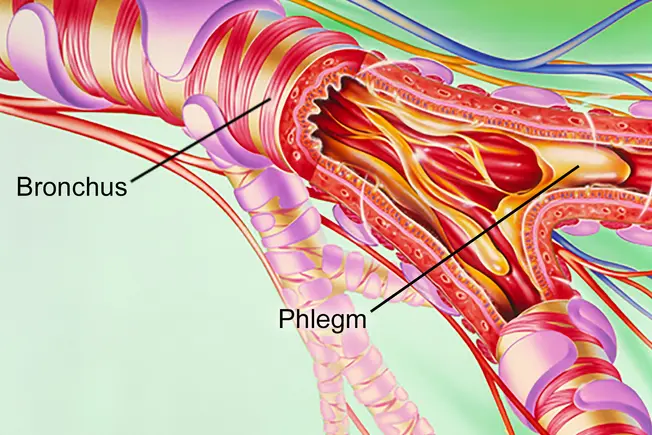
Avoid Smoking With COPD
In chronic obstructive pulmonary disease (COPD), two lung diseases make breathing more difficult. Chronic bronchitis inflames and narrows airways (bronchi) and makes phlegm, while emphysema destroys parts of the lungs. If you smoke, quitting smoking can prevent more damage to your lungs. Even secondhand smoke can worsen COPD, so try avoiding it. For help with quitting smoking or avoiding secondhand smoke, talk to your doctor.
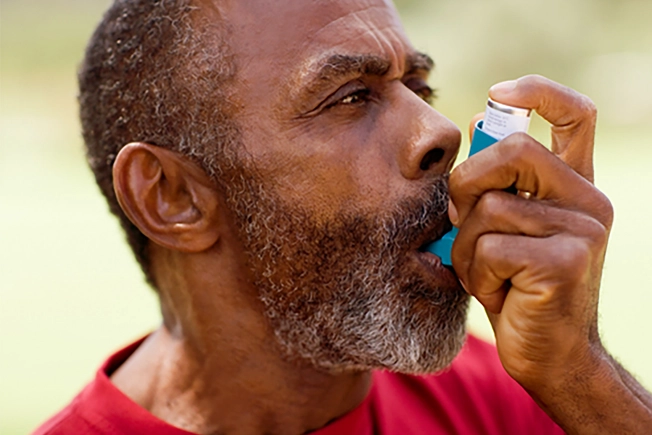
Bronchodilators for COPD
Your doctor may prescribe bronchodilators to help relax the muscles around your airways, making breathing easier. Short-acting bronchodilators provide brief relief fast, while long-acting bronchodilators can relieve constriction for a long time and are often used overnight. Bronchodilators are usually taken as an inhaled medication.
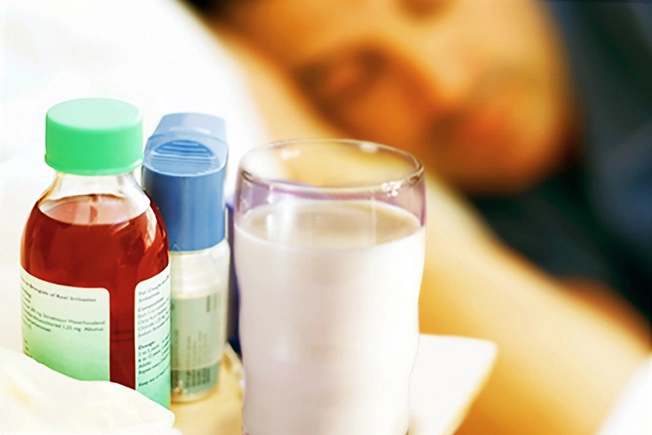
Corticosteroids for Inflammation
Corticosteroids, also called steroids, help reduce mucus production and inflammation in your lungs, making breathing easier. Most people with COPD take corticosteroids by inhaler, but sometimes they are taken in pill form. You may need to boost your calcium and vitamin D intake if you take steroids long term, so talk with your doctor about whether you'll need supplements or a change in your diet.
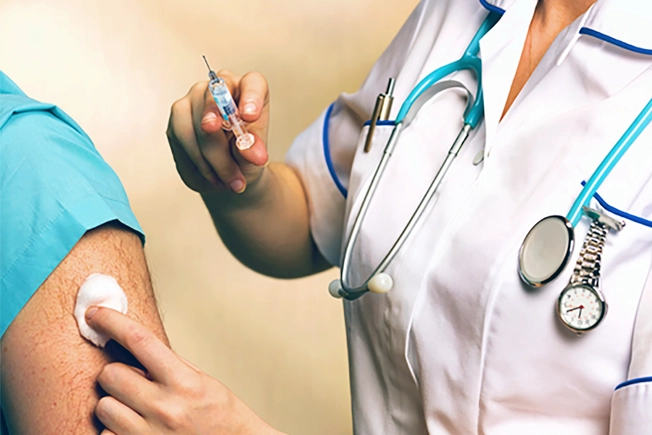
Vaccines: Flu and Pneumonia
If you have COPD, you're at higher risk for complications from infections like the flu, pneumonia, and COVID-19. You’ll want to do all you can to reduce your risk of illness. You should get vaccinated against seasonal flu every year and receive a pneumococcal (pneumonia) vaccine with a booster shot as needed. And you should get a COVID-19 vaccine.
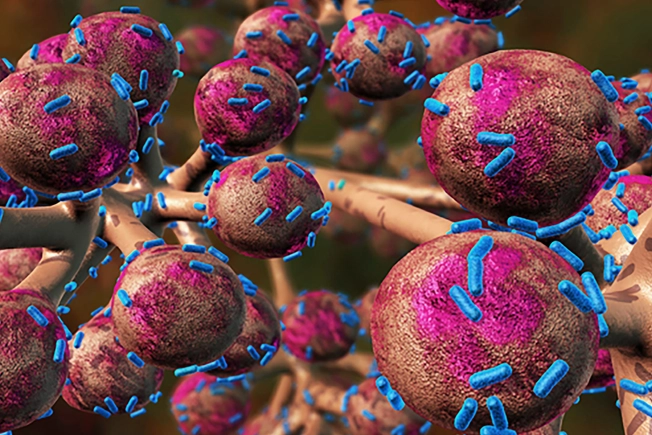
COPD Infections and Antibiotics
Infections can aggravate your COPD. (Here, pneumonia-causing bacteria are seen in blue on the lung’s air sacs.) If you do get a bacterial infection, your doctor will recommend antibiotics. Always finish the entire course of antibiotics, even if you start to feel better earlier. If you stop taking an antibiotic too soon, the bacteria could become antibiotic-resistant, making it harder to treat your infection.

Nutrition: Eat Well, Breathe Better
What you eat, and how much, can affect how well you breathe. For example, having a really full stomach can make it feel harder to breathe. To keep from feeling stuffed, try having four to six small meals a day instead of three large meals. In general, eat a nutritious, balanced diet, and be physically active to help your body stay strong.
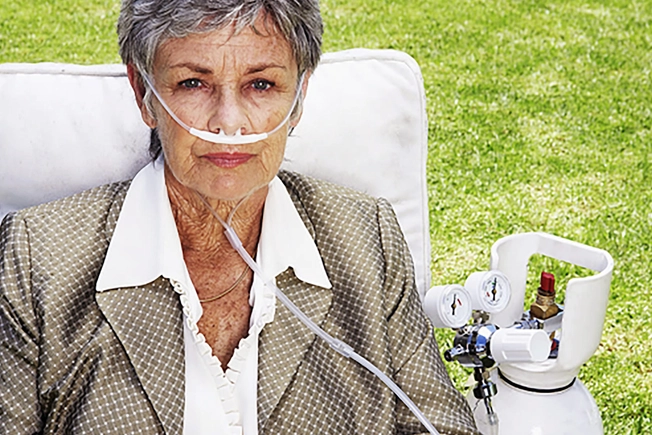
Oxygen Therapy and COPD
Your lungs are vital for getting the oxygen you need, but COPD reduces lung function. In severe cases, your doctor may prescribe supplemental oxygen. In addition to helping you with normal body functions, it can help increase your stamina and improve your sleep.
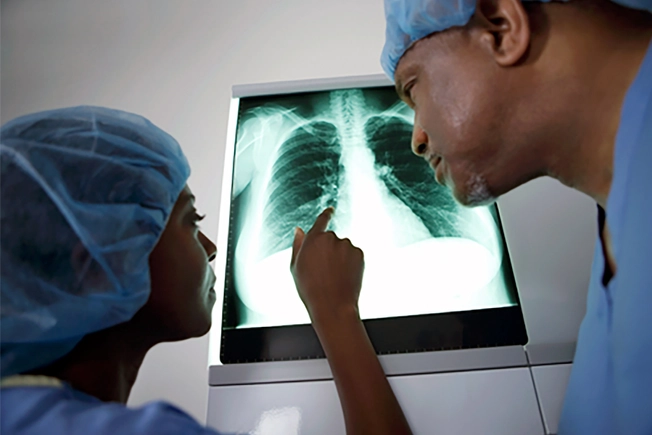
Lung Surgery for COPD
In rare cases of severe COPD that doesn’t improve with medication, your doctor may suggest lung surgery. While not right for everyone, a procedure like lung volume reduction surgery can improve lung capacity and your ability to breathe. With this surgery, some of the most diseased lung tissue is removed, leaving the healthiest part of the lung to perform better. Lung transplant surgery is another option in other severe cases.
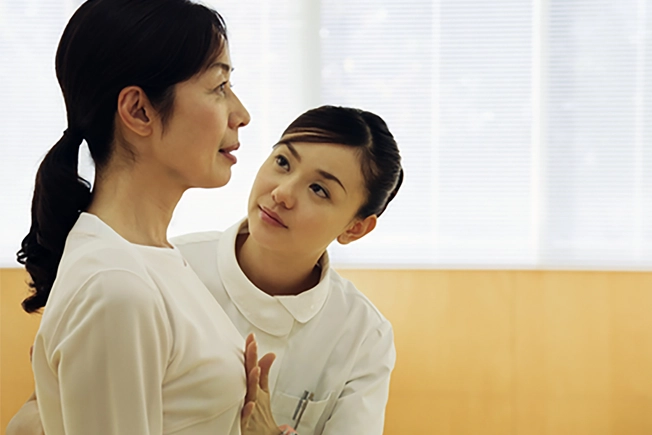
Pulmonary Rehabilitation
Pulmonary rehabilitation uses exercise, disease management, nutrition, and psychosocial counseling to help you feel better and stay active. You’ll learn techniques for staying fit and managing shortness of breath, so you can improve your quality of life, decrease the amount of time you spend in the hospital, and improve your ability to exercise.
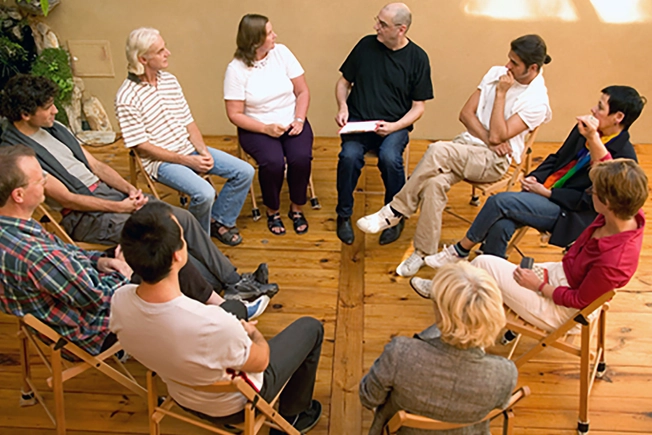
Reach Out for Support
Having COPD can leave you feeling sad, frustrated, and depressed -- all of which can make it hard to manage your symptoms. If you're having problems living with COPD, you're not alone. Reach out and get help from support groups, friends, family, or clergy. Also, the American Lung Association has Better Breathers Clubs across the country.
Photo Credits:
1) John Bavosi / Science Source
2) Ian Hooton / Science Photo Library / Getty Images
3) George Doyle / Stockbyte / Getty Images
4) Peter Dazeley / The Image Bank / Getty Images
5) David Mack / Science Source
6) Hemera / Getty Images
7) Fuse / Corbis / Getty Images
8) Medioimages / Photodisc / Getty Images
9) imagenavi / Getty Images
10) Manchan / Photographer’s Choice / Getty Images
SOURCES:
National Heart, Lung, and Blood Institute: "COPD: Taking Action."
American Academy of Family Physicians: "Chronic Obstructive Pulmonary Disease (COPD)."
American Lung Association: "Chronic Obstructive Pulmonary Disease (COPD) Fact Sheet."
American Lung Association: “Understanding COPD."
American Lung Association: "COPD Medications."
American Lung Association: "Nutrition."
National Heart, Lung, and Blood Institute: "COPD: Taking Action."
American Lung Association: "Making Treatment Decisions."
National Heart, Lung, and Blood Institute: "Treatment Options."
American Lung Association: "Supplemental Oxygen."
American Lung Association: "Surgery."
National Heart, Lung, and Blood Institute: "Treatment Options."
American Lung Association: "Living With COPD: Get Social Support."